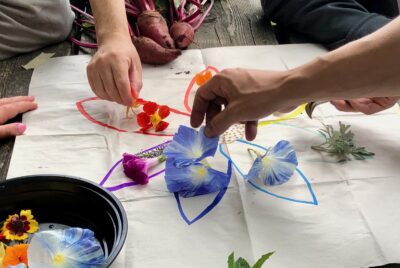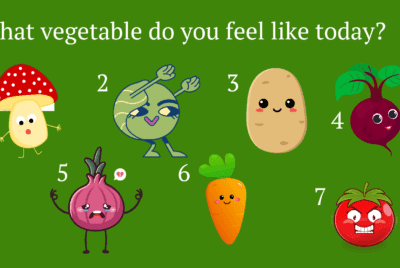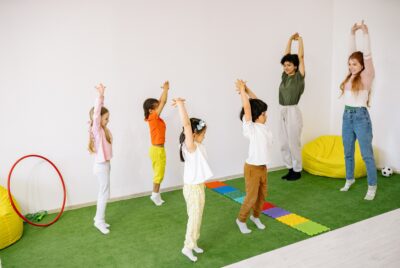RESEARCH
Gardening as Meditation for Youth with Autism Spectrum Disorder: Program Design Guidelines for Recreational Therapy
Summary
The study highlights the limited physical activity participation among adolescents with ASD and proposes a therapeutic gardening and meditation program to address their unique needs. Grounded in recreational therapy principles, the program is designed to promote physical activity, sensory engagement, and social inclusion within an outdoor setting. The author emphasizes that community centers often lack specialized resources to support youth with ASD, making nature-based interventions a valuable alternative.
The program framework includes structured gardening tasks, guided meditation, and mindfulness exercises tailored to enhance emotional regulation, communication skills, and well-being. Findings suggest that combining horticultural therapy with meditation can create a calming, supportive environment that fosters self-expression, stress reduction, and personal growth. The study advocates for greater accessibility of outdoor therapeutic programs for individuals with disabilities







